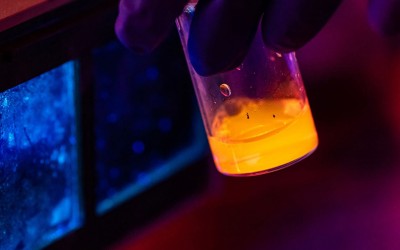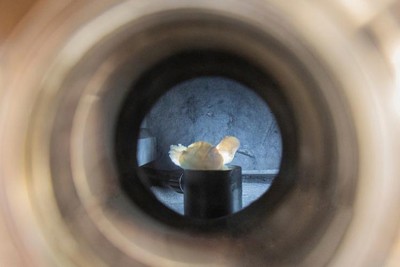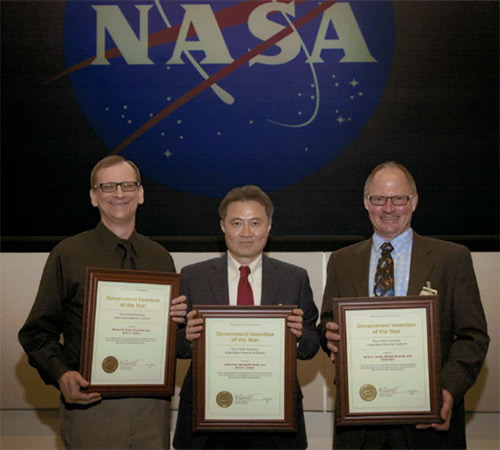An article in the prestigious journal Science spotlighted BNNTs as the essential component in creating electricity from the natural interaction between fresh and salt water through the use of an energy-capturing film. The film, created by researchers at Rutgers, contains aligned negatively charged BNNTs which are used as gatekeepers to allow positive ions from salt water to pass through the film into the fresh water, while mostly blocking negative ions. The BNNTs make it possible for researchers to sort ions to create two pools of water: one with a positive charge and one with a negative charge. Harnessing this charge differential is what generates electricity.
BNNTs’ Blue Energy Potential
While the size of the film is no bigger than a postage stamp, the implications and need for affordable scale up are huge. Generating electricity using the chemical differences between fresh water and salt water is known as “blue energy,” and has the potential to provide a clean energy source to millions of people. Science reports that the energy produced in estuaries and deltas through the mixing of fresh and salt water is “roughly the amount that can be generated by 2000 nuclear power plants”.
Explore More News
 Rice University Department of Chemistry: Exotic Nanotubes Move in Less Mysterious Ways
Rice University Department of Chemistry: Exotic Nanotubes Move in Less Mysterious Ways
 FAMU-FSU Researchers Find Thermal Limits of Advanced Nanomaterials
FAMU-FSU Researchers Find Thermal Limits of Advanced Nanomaterials


